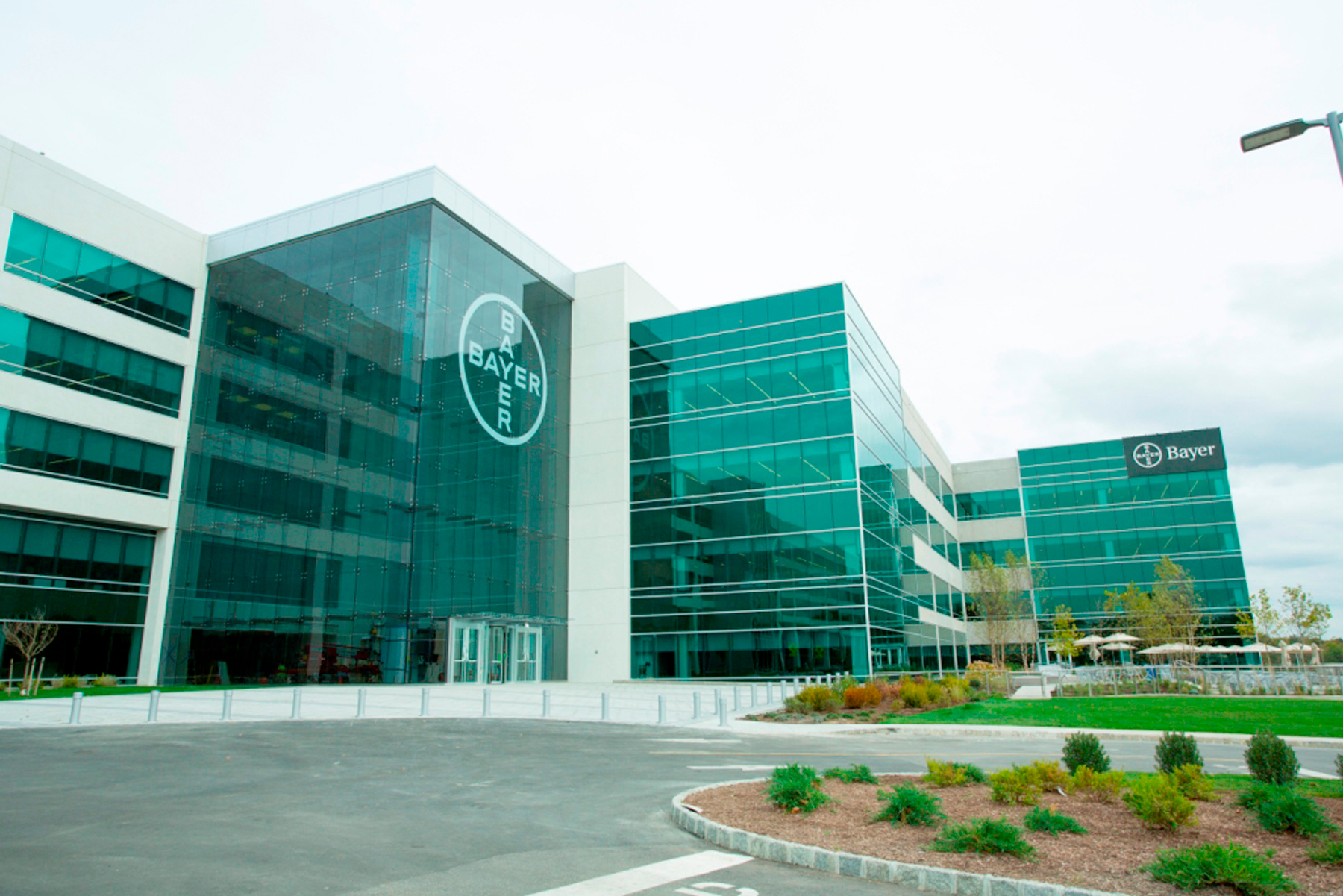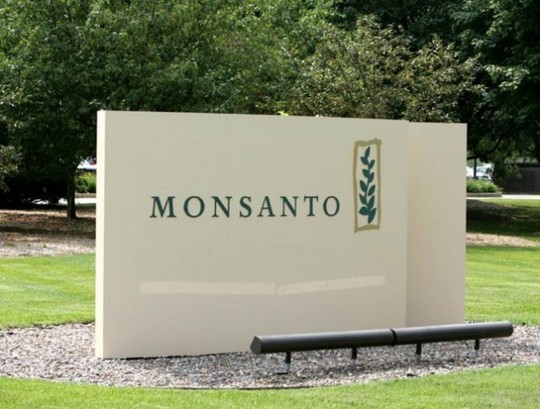
Monsanto has accepted a takeover offer from Germany's Bayer at $128 a share, worth about $66 billion including debt, to take over the global seed market leader.
Monsanto's Board of Directors, Bayer's Board of Management and Bayer's Supervisory Board have unanimously approved the agreement.
The higher bid is an increase on the $127.50 a share Bayer proposed last week and is itself up from a July offer of $125 a share.
Based on Monsanto’s closing share price on May 9, 2016, the day before Bayer’s first written proposal to Monsanto, the offer represents a premium of 44 percent to that price.
Bayer intends to finance the transaction with a combination of debt and equity. The equity component of approximately $19 billion is expected to be raised through mandatory convertible bonds and a rights issue, it added.
"We are pleased to announce the combination of our two great organizations," said Werner Baumann, CEO of Bayer AG.
"This represents a major step forward for our Crop Science business and reinforces Bayer’s leadership position as a global innovation driven Life Science company with leadership positions in its core segments, delivering substantial value to shareholders, our customers, employees and society at large."
"Today’s announcement is a testament to everything we’ve achieved and the value that we have created for our stakeholders at Monsanto.
"We believe that this combination with Bayer represents the most compelling value for our shareowners, with the most certainty through the all-cash consideration," said Hugh Grant, Chairman and Chief Executive Officer of Monsanto.
'Lose-lose bid'
John Colley, of Warwick Business School, a Professor of Practice in the Strategy & International Business group who researches large takeovers said "Bayer's acquisition of 'Frankenstein' crop producer Monsanto could be a horror story for both Bayer and its customers: the farmers.
"Apart from Monsanto's shareholders, who have hit the jackpot, this looks like a lose-lose bid. Bayer have been forced into paying too much and face major integration and competition authority risks.
"By the time the competition authorities have finished with their demands Bayer may regret setting a German record.

"The farmers will lose out as product ranges are rationalised and attempts are made to increase prices.
"Bayer may have won the bid now, but could regret the move at their leisure. Bayer CEO Werner Baumann may be cursing his luck. Bayer's shareholders may be cursing him.
"Bayer's hand was to some extent forced by recently agreed deals of ChemChina buying Swiss-based agrobusiness Syngenta for $44Bn cash rapidly followed by the all paper $130Bn merger of Dow Chemicals with Du Pont.
"Falling crop prices meant that demand and prices were declining for seeds and agricultural chemicals such as herbicides and pesticides.
"The industry is responding to adversity with a series of mergers which are expected to have three main benefits: cost reduction, less competition, and growth."
Enhanced solutions for growers
This transaction brings together two different, but highly complementary businesses.
The combined business will benefit from Monsanto’s leadership in Seeds & Traits and Climate Corporation platform along with Bayer’s broad Crop Protection product line across a comprehensive range of indications and crops in all key geographies.
As a result, growers will benefit from a broad set of solutions to meet their current and future needs, including enhanced solutions in seeds and traits, digital agriculture, and crop protection.
The combination also brings together both companies’ leading innovation capabilities and R&D technology platforms, with an annual pro-forma R&D budget of approximately EUR 2.5 billion.
"We are entering a new era in agriculture - one with significant challenges that demand new, sustainable solutions and technologies to enable growers to produce more with less," said Grant.
"This combination with Bayer will deliver just that - an innovation engine that pairs Bayer’s crop protection portfolio with our world-class seeds and traits and digital agriculture tools to help growers overcome the obstacles of tomorrow.
"Together Monsanto and Bayer will build on our proud tradition and respective track records of innovation in the agriculture industry, delivering a more comprehensive and broader set of solutions to growers."
Financing and closing conditions
Bayer intends to finance the transaction with a combination of debt and equity.
The equity component of approximately $19 billion is expected to be raised through an issuance of mandatory convertible bonds and through a rights issue with subscription rights.
Bridge financing for $57 billion is committed by BofA Merrill Lynch, Credit Suisse, Goldman Sachs, HSBC and JP Morgan.
Bayer has a proven track record of disciplined deleveraging after large acquisitions and believes that the strong cash flows of the combined business will contribute to improving its financial profile.
Bayer targets an investment grade credit rating post-closing and is committed to the single "A" credit rating category over the long-term.
The acquisition is subject to customary closing conditions, including Monsanto shareholder approval of the merger agreement and receipt of required regulatory approvals.
Closing is expected by the end of 2017.
Integration 'will not be easy'
Professor Colley said Bayer will realise cost savings from the acquisition, 'but they have had to pay an enormous price' for Monsanto.
In effect the bid premium is likely to represent rather more than any benefits extracted from the combination.
"On top of that integration will not be easy.
"In addition to the major culture clash between very different approaches to business, Monsanto is large and complex, which is a known contributory factor to a likely poor outcome.
"Reputational concerns also become an issue for Bayer with the GM foods campaign. EU and US competition authorities will make significant demands in terms of requiring disposals and imposing trade restrictions."
